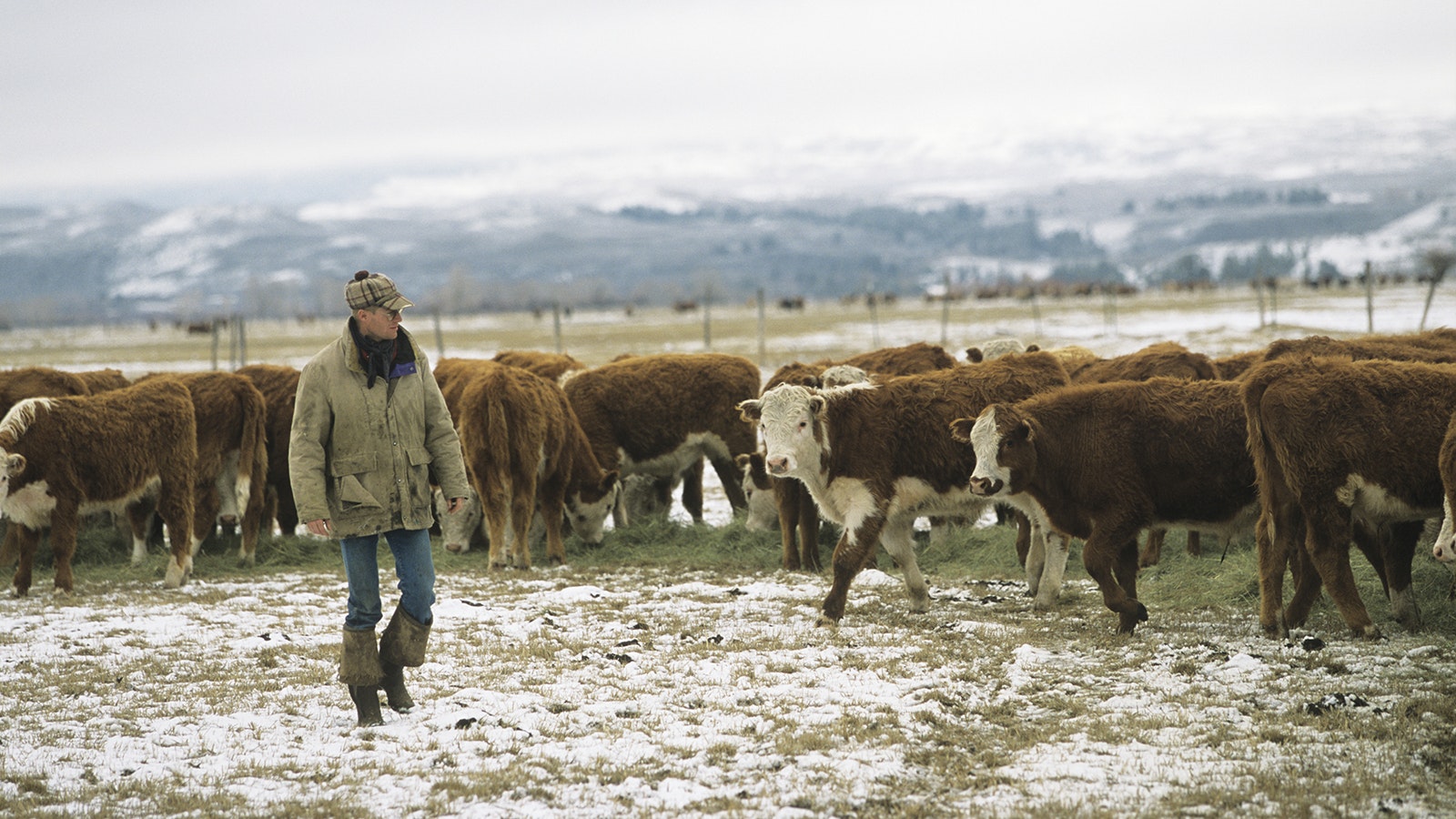Things are heating up in the $25 billion merger of grocery giants Albertsons and Kroger, with the Colorado attorney general making allegations of collusion between the companies during a 2022 strike, the Washington attorney general uncovering statements that call into question whether a C&S Grocers spin-off will be as competitive as claimed, and the Federal Trade Commission mulling a lawsuit of its own.
Washington Attorney General Bob Ferguson’s allegations are notable, given how often Kroger and Albertsons have promised selling some stores to C&S Wholesale Grocers would preserve competition, while honoring all collective bargaining agreements, including retention of employees and investment in new growth for the stores.
But after a King County Superior Court cleared the way to a dozen or so redacted statements in court filings there, discussions came to light in which C&S CEO Bob Palmer was already wondering whether they really had to say they wouldn’t close any of the 413 locations the company has agreed to buy.
In the unreacted statements, Palmer agrees that the stores C&S buys would obviously remain open during the sales process, but asks, “Then what? Are we committed to this?”
That suggests C&S is already looking for loopholes to sell off the stores it has agreed to buy, and Ferguson contends casts doubt on public statements Albertsons and Kroger have made that C&S is highly experienced in the grocery sector and will be not only be able to keep the stores it buys open but provide substantial competition in the marketplace.
C&S Wholesale Grocers spokeswoman Lauren La Bruno said the comments in the court documents were taken out of context.
“It was in reference to revising the press release langauge in acknowledgement of the obvious, which is that stores are subject to situations beyond C&S’s operating control — such as natural disasters and third-party leases and contracts, etc.” she said. “C&S retail footprint expansion aligns with our ongoing efforts to always look for ways to continue delivering a strong customer service experience as our industry evolves. Our strong operational focus and financial resources will position us to successfully operate these stores and continue to grow and create healthier companies for years to come.”
Albertsons and Kroger, meanwhile, continue to maintain that their merger will provide customers with lower prices and more choices, as well as better working conditions for employees over the long haul.
They also denied there was any collusion.
“There have never been non-solicitation or so-called no-poach agreements between Kroger and Albertsons Cos.,” a spokesman said. “In the single email Mr. Weiser chose to include in his complaint, Albertsons was simply reiterating its policy of not hiring workers who are on strike at another company, since those workers would only leave Albertsons and go back to their old employer when the strike was over.”
Collusion In Colorado, Allegedly
In Colorado, meanwhile, the UFCW Local 7, which also represents about 750 Wyoming grocery store workers, applauded a lawsuit that Attorney General Phil Weiser has filed to challenge the Albert-Krogerson deal.
Weiser’s lawsuit is something of a doubleheader. In it, Weiser not only alleges the merger would eliminate head-to-head competition between Kroger and Albertsons in Colorado, consolidating an already heavily concentrated market, he also challenges what he said was an illegal “no-poach” agreement between Kroger and Albertsons during a 2022 strike.
The under-table agreement was revealed through the discovery process. In an email chain, Albertsons’ company Safeway agreed not to hire any of Kroger’s King Soopers employees. Safeway also agreed not to solicit any of King Soopers’ pharmacy customers during the strike.
“Coloradans are concerned about undue consolidation and its harmful impacts on consumers, workers and suppliers,” Weiser said in a media release. “After 19 town halls across the state, I am convinced that Coloradans think this merger between the two supermarket chains would lead to stores closing, higher prices, fewer jobs, worse customer service and less resilient supply chains.”
Both Colorado and Washington attorneys general allege in their individual lawsuits that Albertsons and Kroger are the only head-to-head competition in many of their respective state’s communities — a dynamic that is similar in Wyoming.
Weiser, in his suit, outlines how that fact has both companies monitoring each others’ prices and adjusting accordingly. Post-merger, that dynamic would no longer exist and competing markets would be too far away to make any meaningful impact.
In Gunnison, Colorado, for example, Weiser said residents would have to drive 65 miles to either Salida or Montrose to find a non-Kroger store.
That not only hinders competition in the grocery store sector, Weiser said, but it leaves those residents at risk should supply chains fail.
Competition In Labor Market
One aspect that’s not been discussed much in previous grocery store mergers is how that increasing concentration is affecting the labor market.
Weiser pointed to the email chain between Kroger and Albertsons as evidence that the two are competing directly for employees.
Labor market competition has been a particular bone of contention for UFCW unions that are fighting the merger, which have collectively commissioned a study examining that very issue.
UFCW Local 7 President Kim Cordova suggested the emails are further evidence that what the companies say publicly is quite different from what’s going to happen in actuality — a pattern she has previously said has already been repeated in past grocery store mergers, most recently the 2015 Safeway-Albertsons merger.
“Despite what these companies say publicly about their motivations or the professed positives of this merger, their actions show otherwise,” she said. “They probably never intended for their emails to be made public, but the public has a right to know that the leaders of these companies cannot be trusted to do right by their employees or customers.”
FTC Considers Lawsuit
Just how convincing reduced competition in the grocery store labor market is to the Federal Trade Commission is not yet clear, but Bloomberg has reported, based on anonymous sources, that the federal agency is mulling a lawsuit against the merger.
The FTC is the federal agency that ensures consumer protections and fair business practices are followed and its chair, Lina Khan, has been touring the country gathering public input on the merger, including a public forum in Colorado, where she heard from a Cheyenne grocery store worker.
Khan didn’t provide many clues during the Colorado hearing which way she’s leaning. She did stress to those gathered that she could only act to block the merger if she can prove that the deal substantially lessens competition.
There have, however, been indications prior to the merger proposal that suggest Khan’s views of the Albert-Krogerson deal are likely unfavorable.
In a 2017 paper, she described the 2015 Albertsons-Safeway merger, which has been raised frequently as an example of how these types of merger deals actually play out, as a “spectacular failure,” one that even a casual observer could have predicted.
The FTC had struck a deal to continue negotiations with Kroger and Albertsons until Feb. 28.
The Bloomberg report said the FTC suit is expected prior to Feb. 28, and that several states are expected to join it.
Renée Jean can be reached at renee@cowboystatedaily.com.





